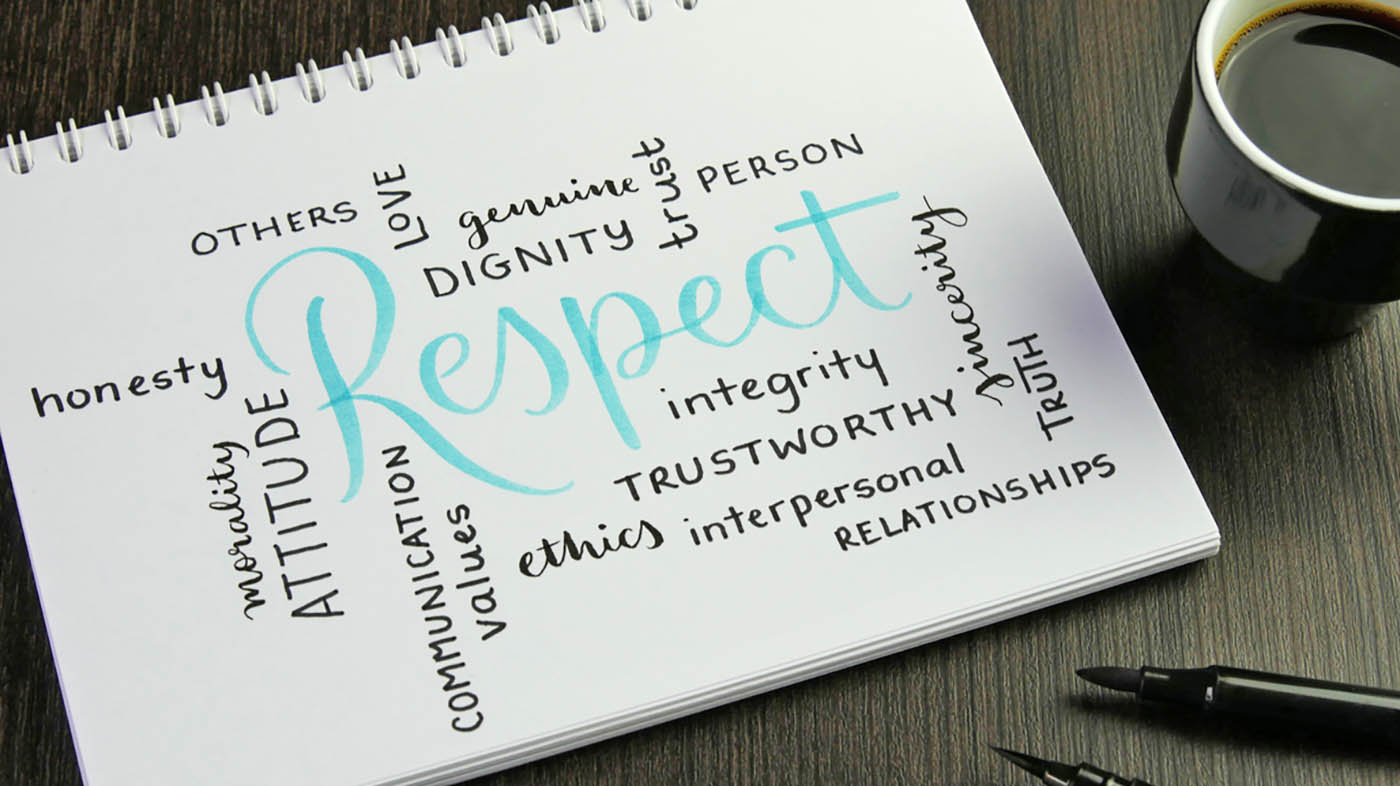Here are techniques to use to help preserve a proactive culture.
VA fosters an environment of healing where treating everyone with civility and respect makes Veterans and employees feel supported. Behaviors that counter our core values of Integrity, Commitment, Advocacy, Respect, Excellence (ICARE) have no place at VA.
VA provides supportive services to those who have experienced sexual violence, but it also has a dedicated Assault and Harassment Prevention Office to systematically facilitate national harassment and sexual assault prevention and recovery programs and strategies that promote a culture of respect and safety.
Creating safer environments
Knowing how to address harmful behaviors can create a safer and more respectful environment for everyone. The “4 Ds” (direct, distract, delegate and document), emphasized as bystander intervention techniques, can be used when confronting sexual misconduct. These techniques help individuals respond in a safe, yet effective way that shows how to take sexual misconduct seriously and prioritize the dignity of others.
Using the direct approach
Be Direct: Directly address the harassment (if comfortable and safe).
Scenario: You and a friend are walking down a hallway at a medical facility and your friend makes an unwelcomed advance toward a patient who is clearly uncomfortable.
Intervention: You can calmly but firmly tell your friend their behavior is unacceptable at VA. For example, you can say, “I noticed your words made that individual uncomfortable. Please respect their boundaries.”
Your approach during this situation should not cause further disruption or bring unwanted attention to the patient experiencing the harassment.
Why is this approach important? It communicates that the patient’s discomfort or distress is acknowledged and taken seriously, contributing to a sense of validation and support.
Using the distract approach
Distract: Divert attention (change the subject).
Scenario: You are on a break during a support group meeting and you notice a peer persistently engaging in unwanted advances and making another group member uncomfortable.
Intervention: Approach the situation by initiating a new activity like starting an icebreaker or suggesting a quick walk around the facility. Encourage others to join in, diverting attention away from the uncomfortable interaction.
Why is this approach important? Creating an alternative focal point helps diffuse the tension and allows the individual to gracefully disengage from the unwanted advances while protecting their well-being.
Using the delegate approach
Delegate: Find a third party to help.
Scenario: You’re walking through the parking lot after an appointment at your VA and you overhear an individual making inappropriate comments to someone else.
Intervention: Identify a VA staff member in a position of authority, such as a VA police officer or a patient advocate, and inform them about the situation. Ask for their assistance addressing the issue emphasizing the importance of maintaining a respectful and safe environment for everyone at VA.
Why is this approach important? The delegate approach recognizes the importance of involving individuals or entities with the authority and expertise to address incidents of harassment or misconduct. This approach helps maintain the dignity of the individual by respecting their autonomy, ensuring professional handling of the situation and providing the necessary support for a fair and just resolution.
Using the document approach
Document: Write down information about incident.
Scenario: You witness someone inappropriately touch someone in a waiting room.
Intervention: Document the harassing behavior by writing down the details of the event.
- Write down four Ws: Who, What, Where, When.
- Give this information to the person who experienced the incident and encourage them to seek out support.
You may use more than one technique. For instance, you may use the delegate technique by reporting the incident to the police but may also document the incident by writing down what you saw and handing it over to the person being harassed.
Why is this approach important? If the individual who experienced the harassment decides to come forward, having a record of the incident can provide a layer of security for them, making it more difficult for perpetrators to retaliate without consequence.
The 4Ds can help empower us to take immediate, effective and responsible action to prevent or address incidents of sexual misconduct while ensuring that we actively participate in a culture of prevention and respect.
Experienced sexual harassment or sexual assault?
Everyone deserves to feel safe and treated with respect. If you have experienced sexual harassment or sexual assault while being served at VA or know someone who has, there is no wrong door to report. Please report it.
Get more information about how you can reduce instances of sexual harassment or sexual assault at VA and create a more respectful, welcoming environment for all.
Topics in this story
More Stories
Bob Jesse Award celebrates the achievements of a VA employee and a team or department that exemplifies innovative practices within VA.
The Medical Foster Home program offers Veterans an alternative to nursing homes.
Watch the Under Secretary for Health and a panel of experts discuss VA Health Connect tele-emergency care.







Thank you for this very interesting article. It is informative and helps change unwanted acts in a non-violent way.